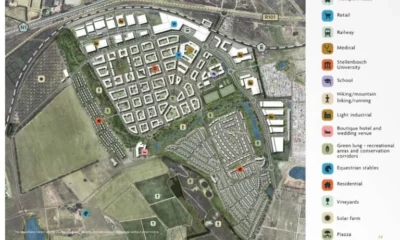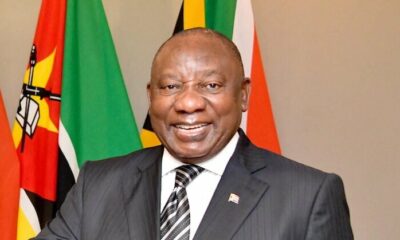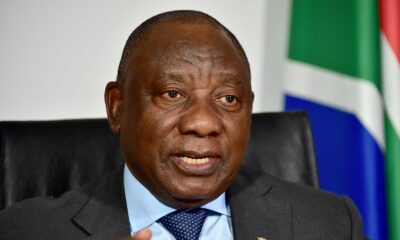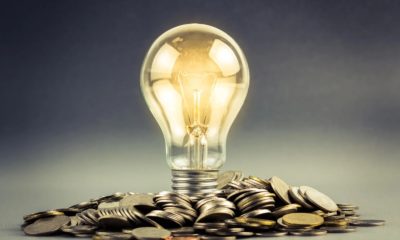Business
Africa’s Energy Sovereignty: Why a Just Transition Must Be African-Led
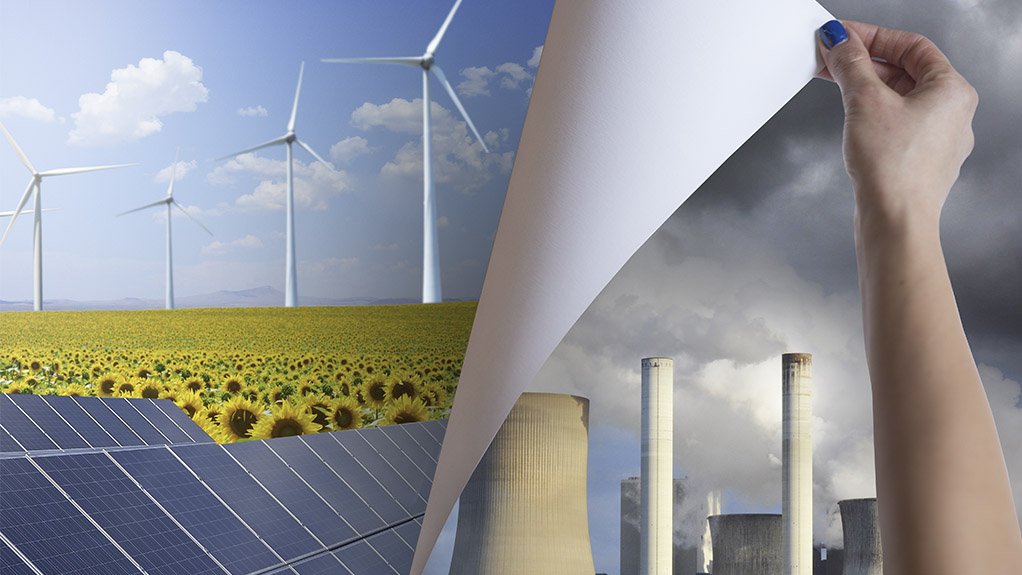
In the lush hills of the UK’s Midlands, retired coal plants now stand silent—a symbol of a country that has already completed its coal-to-gas-to-renewables transition. During a business trip to the region in 2019, the image of those dormant smokestacks stayed with me. At the time, locals spoke of energy abundance, bolstered by nuclear imports from France and a diversified infrastructure that had matured over generations.
That moment captured the privilege of time, money, and access—elements many African nations simply do not possess in their own energy transition journeys.
Today, more than 789 million Africans still lack access to electricity. Yet, the world urges the continent to leapfrog straight to renewables, bypassing the fossil fuel path that powered Western prosperity. The push to skip coal and gas entirely may sound climate-smart, but it risks being both unjust and impractical if it ignores Africa’s development needs.
Why Africa Needs a Contextual Transition
A one-size-fits-all approach to climate policy often overlooks Africa’s diverse energy landscape. While renewable energy is the future, Africa’s present still heavily relies on fossil fuels—not by choice, but out of necessity.
Take South Africa, for example: the most industrialised country on the continent, yet plagued by chronic load shedding. Coal still produces over 90% of its electricity. Aging infrastructure and political complexities slow down reform. The country’s Just Energy Transition Partnership (JETP) offers hope, yet over 47% of households still live in energy poverty. Without a realistic, phased-out model, millions will remain in the dark.
The UK and India: Transitions Built on National Strengths
The UK phased out its last coal units in 2024, aided by gas from the North Sea and massive public investment in renewables. Similarly, India, despite becoming a global solar leader, still relies on coal for 70% of its electricity—balancing climate goals with industrial growth for over 1.3 billion people.
Africa deserves the same pragmatism.
Rather than copying foreign blueprints, African nations should build energy systems aligned with their economic realities, resource availability, and population needs. This means using natural gas as a transition fuel, investing in decentralised mini-grids, and tapping into the continent’s vast solar and bioenergy potential.
Energy Access as a Human Right
Energy is not just about emissions—it’s about dignity, opportunity, and development. In rural areas across Africa, access to reliable electricity can mean the difference between a child studying at night or not, between refrigerated vaccines or expired ones, between thriving businesses or unemployment.
A sovereign transition would also foster job creation. According to global estimates, Africa could unlock over 14 million clean energy jobs by 2030 with the right investments. Community-led models and regional power sharing, through platforms like the African Continental Power System Masterplan, can scale impact while ensuring equity.
The Role of Global Partners: Finance, Not Mandates
International support must go beyond rhetoric. Africa needs at least $25 billion in annual climate finance to meaningfully scale renewables. But support must empower, not dictate.
As WTO Director-General Ngozi Okonjo-Iweala put it, “We cannot ignore the critical role energy plays in advancing Africa’s development. A just transition for Africa must be led by Africa itself.”
Global climate goals will fail if they do not include equitable pathways for the Global South. No transition will be just—or sustainable—if it leaves millions behind.
Africa as Architect, Not Follower
Africa’s energy future must be designed by African leaders, communities, and institutions. A hybrid model that includes cleaner fossil fuels, decentralised renewables, and regional integration is not only viable—it’s essential.
This is not about resisting climate action. It’s about ensuring that action reflects the real lives, needs, and hopes of Africa’s people.
It’s time to stop imposing transitions. It’s time to start listening.
{Source: IOL}
Follow Joburg ETC on Facebook, Twitter , TikTok and Instagram
For more News in Johannesburg, visit joburgetc.com

